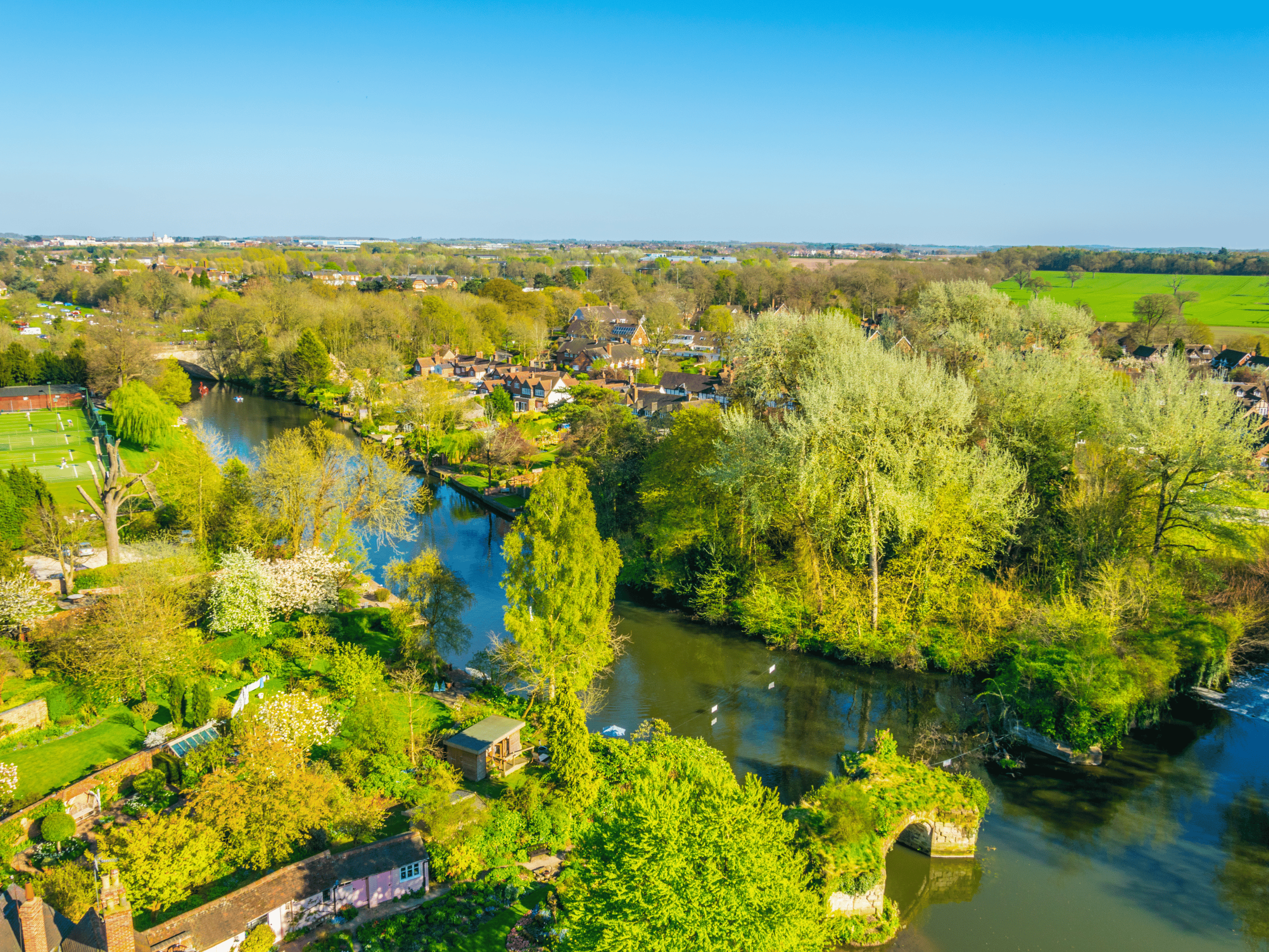In response to the ongoing climate change crisis, there are a number of councils that have set ambitious net zero carbon targets within their own districts – and making huge progress to bring these policies to fruition.
Warwick District Council and Royal Borough of Windsor and Maidenhead Council are two of the councils making net zero carbon development a priority.
What makes these councils stand out is their progressive approach to creating policies. They are bringing together the private and public sectors and developing policies in a truly collaborative way.
Warwick District Council
Net Zero Carbon Supplementary Planning Document Consultation
In collaboration with Bioregional, we have been supporting Warwick District Council with the preparation of a Net Zero Carbon Development Plan Document (DPD). Development plan documents are planning policy documents that make up the Local Development Scheme and are used by planning officers to make decisions on planning applications.
To support the achievement of national and local carbon reduction targets, the Net Zero Carbon DPD aims to minimise carbon emissions from new and existing buildings within the district. Following the examination by the Planning Inspectorate earlier this year, we’re hopeful that the DPD will be adopted soon. Once adopted, the DPD will ensure new development will be net zero carbon in operation.
During the Net Zero Carbon DPD examination, a need for a supplementary planning document (SPD) was identified and has been prepared in support of the Net Zero Carbon DPD.
The purpose of the Net Zero Carbon SPD is to assist applicants with the implementation of the Net Zero Carbon DPD policies, by providing technical guidance to inform development designs and illustrate the measures applicants must consider in the preparation of an Energy Statement.
Following its preparation, the Net Zero Carbon SPD Consultation is now live for public comments. Find out more about the Warwick District Net Zero Carbon (SPD) Consultation.
Alongside this, we are supporting the Council with training their officers to implement the net zero carbon strategy and policies.
Royal Borough of Windsor and Maidenhead Council
Sustainability Supplementary Planning Document Consultation
To support the Royal Borough of Windsor and Maidenhead Council’s ambition to be a net zero carbon district by 2050, we have been working alongside the Council’s Planning Policy and Sustainability teams and Bioregional to prepare a Sustainability Supplementary Planning Document (SPD).
SPDs aim to expand upon or provide more detailed guidance on local plan policies.
The document will set out the measures required to design and construct new development that improves the Borough’s environmental performance and will contribute towards lowering its environmental impact, including more broadly, mitigating and adapting to climate change.
The Sustainability SPD aims to contribute towards attaining the Council’s commitment to deliver carbon reduction and improve biodiversity. It includes chapters on energy and carbon, climate adaptation, sustainable materials and construction, biodiversity, and transport.
Following its preparation, the Sustainability Supplementary Planning Document Consultation is now live for public comments. Further information can be found on the Royal Borough of Windsor and Maidenhead Sustainability Supplementary Planning Document page.
Net zero carbon development is a more relevant consideration in every new project. We anticipate this will become more of a requirement. Get in touch with us on 01865 731700 or email enquiries@edgarslimited.co.uk if we can help to deliver a decarbonisation project, renewable energy proposal or policy formation. We are happy to demonstrate our expertise and learnings in this field and help you deliver a more sustainable future.
You might also be interested in reading: Mandatory biodiversity net gain coming January 2024

